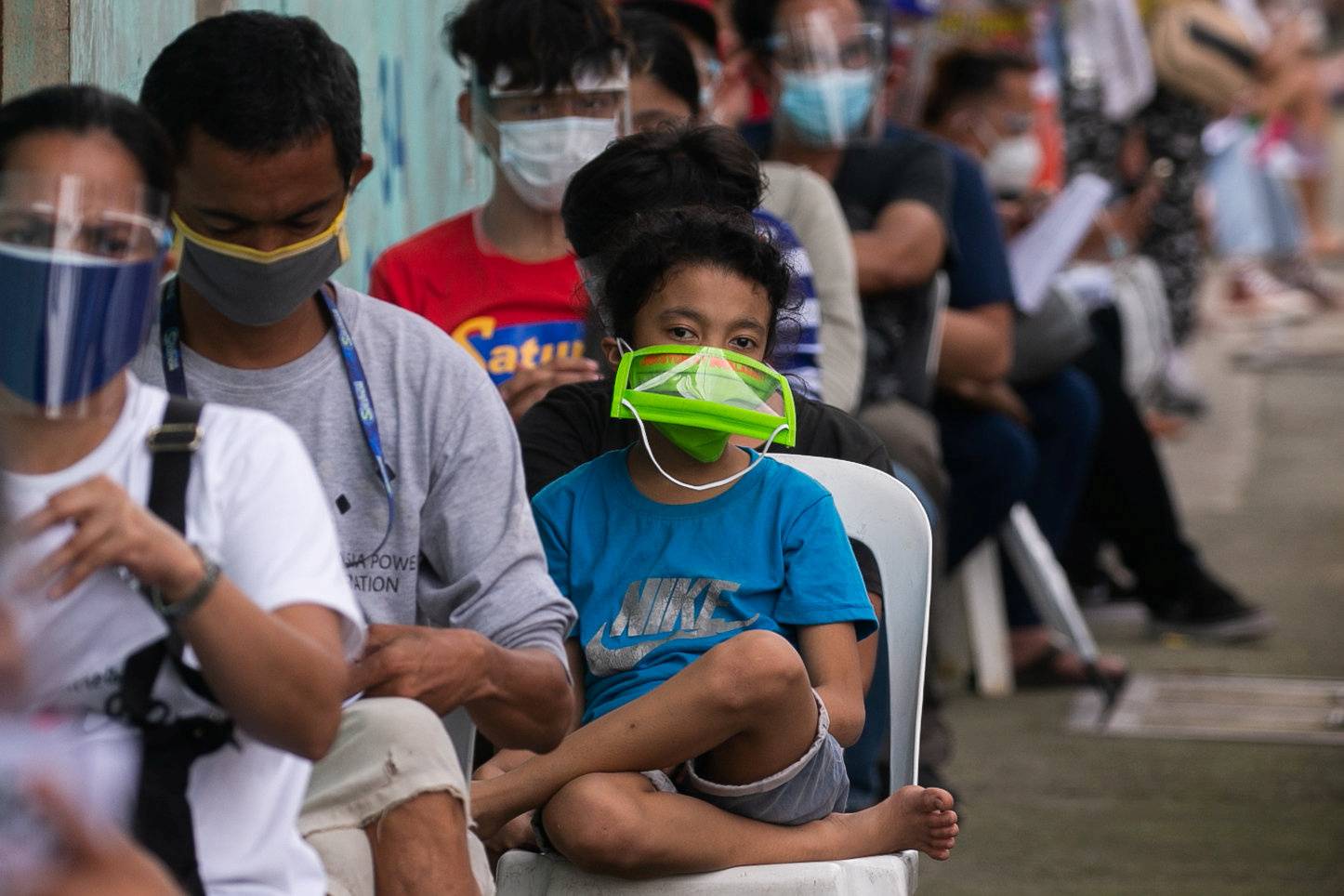Southeast Asia is facing a strain of the new coronavirus that the Philippines, which faces the region’s largest outbreak, is studying to see whether the mutation makes it more infectious.
The strain, earlier seen in other parts of the world and called D614G, was found in a Malaysian cluster of 45 cases that started from someone who returned from India and breached his 14-day home quarantine. The Philippines detected the strain among random COVID-19 samples in the largest city of its capital region.
The mutation "is said to have a higher possibility of transmission or infectiousness, but we still don’t have enough solid evidence to say that that will happen,” Philippines’ Health Undersecretary Maria Rosario Vergeire said in a virtual briefing Monday.



















With your current subscription plan you can comment on stories. However, before writing your first comment, please create a display name in the Profile section of your subscriber account page.